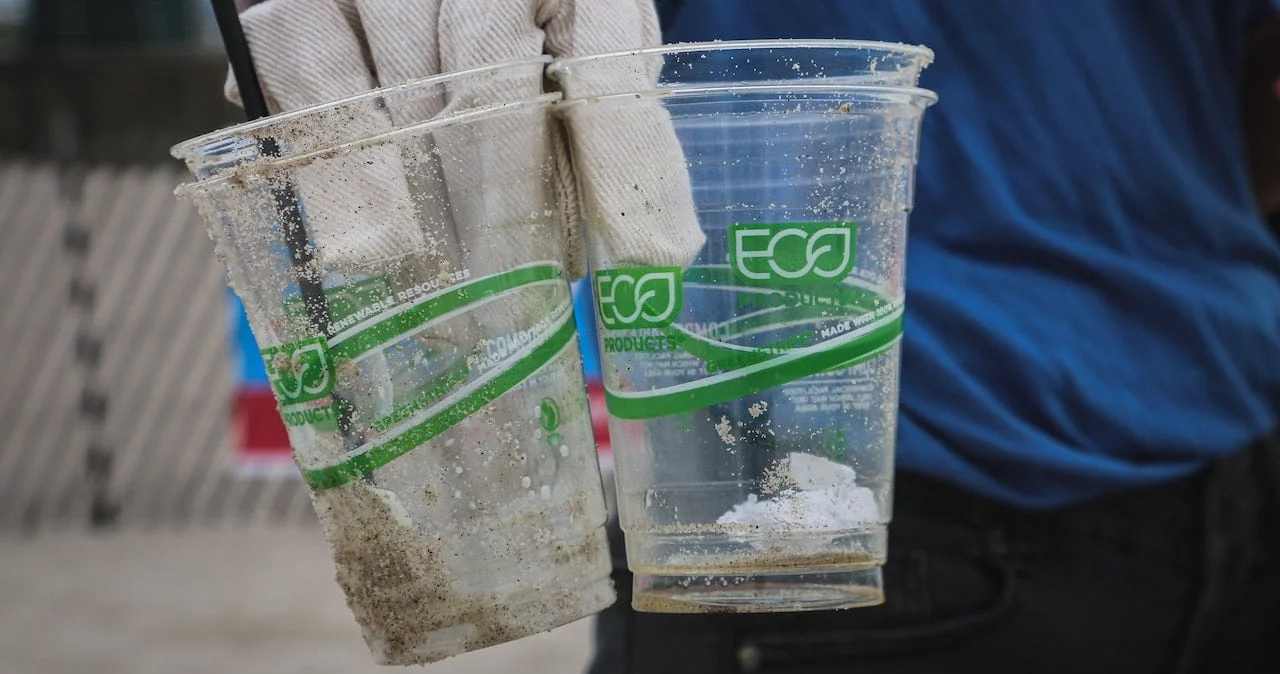PR and communications can play a pivotal role in saving the planet. That sounds like a grandiose claim, so let me explain why it makes sense.
What will it take to stop environmental destruction? Right now, the biggest challenges are stressing the dangers of inaction, identifying the real causes of climate change, and bringing powerful groups together for the same goal.
Persuasion, storytelling, and consensus building. These are the things that PR and communications excel at.
Of course, it’s never that simple.
Global action is needed
The UK government recently pledged to cut CO2 emissions by 78 percent by 2035. This new commitment forms part of a broader plan to reach net zero carbon by 2050. China and the US, the world’s two of the world’s biggest polluters, have also committed to working together to curb their carbon emissions in line with the Paris Agreement.
For any of this to happen, we need to transform the way the world thinks about the causes and solutions to climate change. In a recent episode of his HBO show Last Week Tonight, the British comedian John Oliver skewered the current consensus on plastic pollution. Unfortunately, he was also able to demonstrate how PR can often be an effective tool for all the wrong reasons. “The plastics industry has managed to convince us all that it’s our fault,” he said.
Here, Oliver is referring to the billions of pounds spent every year on campaigns that shift blame for plastic pollution on our personal habits, behaviours and choices. If only you recycled more, our oceans wouldn’t be so dirty.
Don’t get me wrong. Everyone doing their bit for the environment is a good thing. As consumers, we even have some power to influence the products and services sold to us.
But very little of the stuff we buy, especially when we don’t have a choice, is recyclable. As Oliver highlighted, the recycling movement is “often bankrolled by companies that want to drill home the message that it is your responsibility to deal with the environmental impacts of their products”.
It’s a similar story for CO2 emissions. The internet is full of PR-driven tools online that can calculate your carbon footprint by measuring how much you travel, how much energy you use at home, what food you eat and where you shop.
Yet our individual carbon footprints are a drop in the ocean (pardon the pun) compared with how much CO2 the world’s largest fossil fuel companies produce. Studies have shown that just 20 firms are responsible for a staggering third of all global emissions.
How PR can help
So, it’s up to PR and communications industry to tell better stories and shine a light on the areas where change is most urgent. However, this will require changing the perception of our industry from reputation managers to change agents.
A company’s public and commercial image has a huge bearing on its ability to attract and retain talent. Research has found that people want to work for companies that that are environmentally responsible. Of course, on one level this is all about reputation. But it also demonstrates how PR can help develop a new generation of businesses for which environmental action is unconditional.
That’s the kind of change that will give us a fighting chance of saving the planet.








